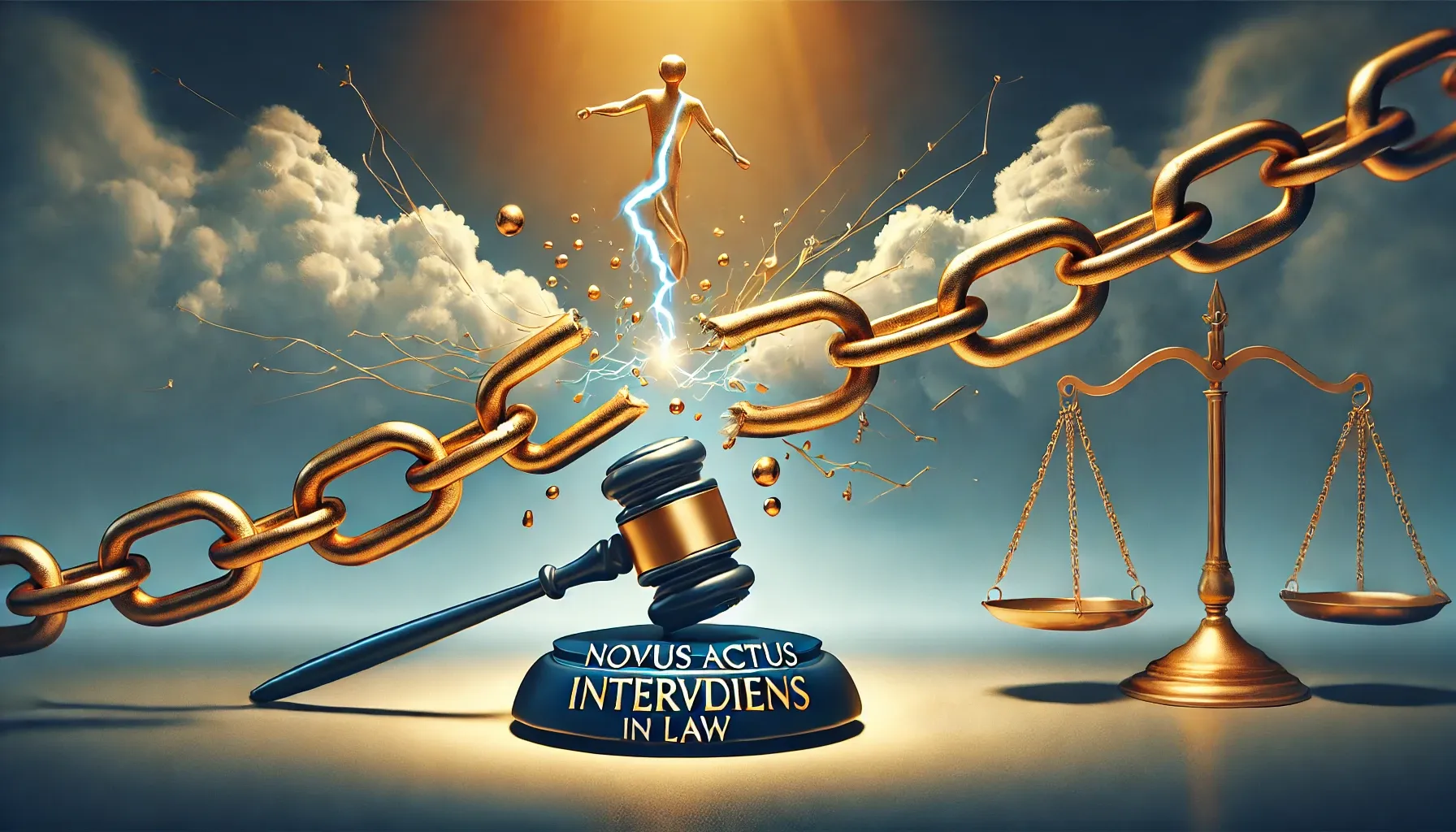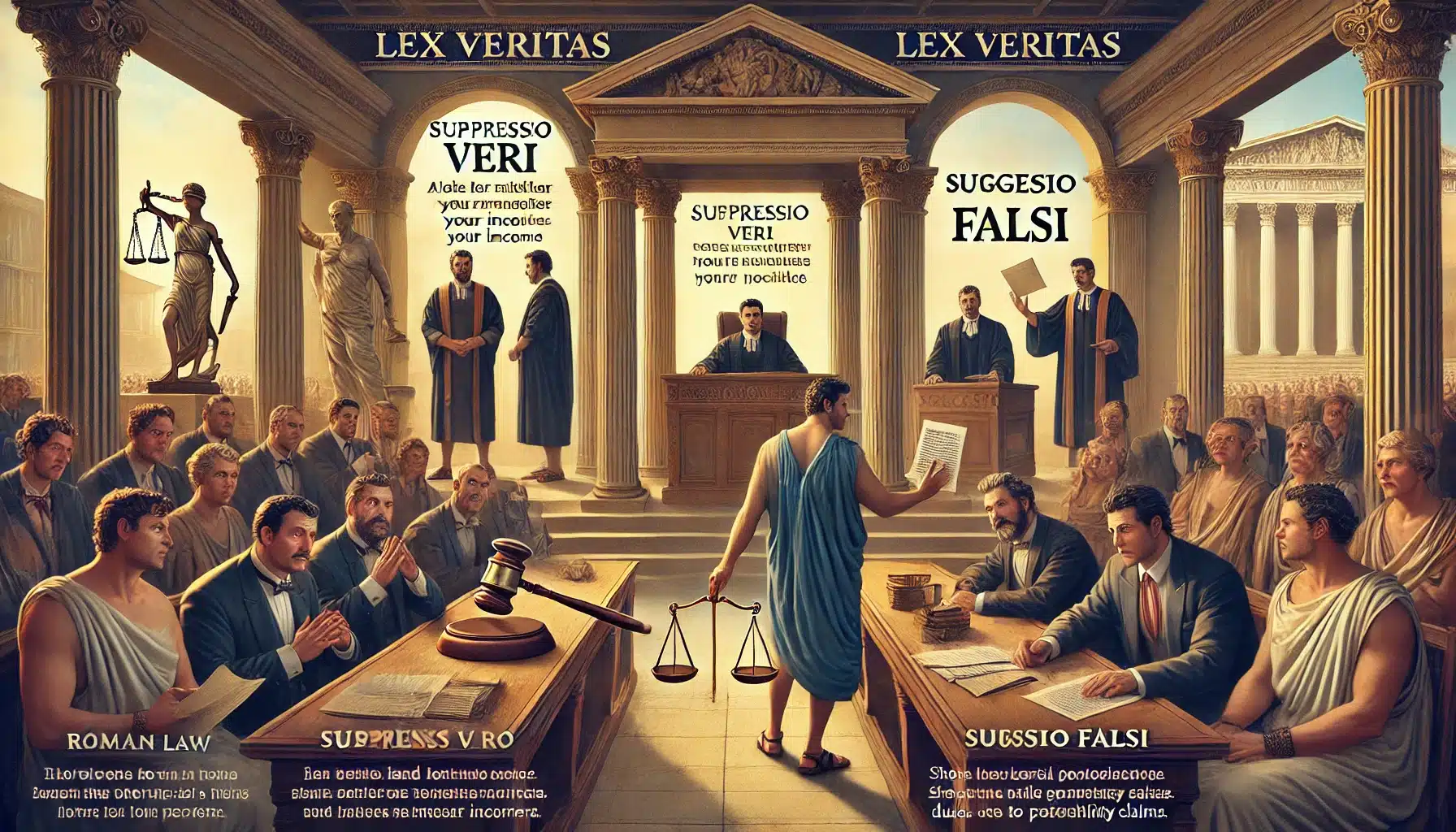Something capable of being known or perceived and within the jurisdiction of the court is said to be cognizable. Something susceptible to the jurisdiction of the court is also cognizable.

Definition
Something capable of being known or perceived and within the jurisdiction of the court is said to be cognizable[1]. Something susceptible to the jurisdiction of the court is also cognizable. Essential aspects of the term cognizable are –
- Capable of being recognized as a group because of common or similar characteristics.Capable of being judicially heard and determined[2].
Meaning
The term cognizable[3] has majorly two different meanings in the field of law. A cognizable[4] claim or controversy is something that meets the basic criteria of viability for being tried or adjudicated before a particular court. The term cognizable means that the claim or controversy is within the power or jurisdiction of a particular court to preside upon and to adjudicate the matter.
A cognizable group of jurors or potential jurors refers to that common trait or characteristic among them that is recognized as distinguishing them from others, such as race, ethnicity, and gender. Trial counsel is generally prohibited from eliminating jurors who are in the same cognizable group as that of a party or litigant through discriminatory peremptory challenges when that distinction is the basis for the challenge.
Usage
In India, the word cognizable is used in Criminal practice to determine and distinguish offenses[5] as cognizable offenses and non-cognizable offenses.
Cognizable means something capable of getting apprehended. Cognizable offenses are usually serious in nature. As per section 2(c) of the Code of Criminal Procedure, Cognizable offense and cognizable cases mean, an offense for which, a police officer may, per the First Schedule or under any other law for the time being in force, may perform arrest of an individual without the warrant.
As per Section. 154 of the Code of Criminal Procedure a Police Officer has the power to receive the first information report relating to cognizable offenses without prior approval of the Magistrate of that jurisdiction and has to update the same in the General Diary, as soon as the entry is done, the police officer has to immediately start the process of investigation.
The Police in a cognizable offense have the power to arrest the accused without producing a warrant of arrest. In cognizable offenses, the police can investigate the case without seeking permission from the Magistrate.
Non-Cognizable means something which can not be apprehended. Non-cognizable offenses are not so serious as compared to a cognizable offense. As per Section 2(1) of the Cr.P.C., a Non Cognizable offense and Non-Cognizable Case is defined as an offense for which, a police officer has no authority to arrest without warrant.
According to Section 155 of the Cr.P.C., a police officer is not competent to receive and record the first information report about the offense of non-cognizable offenses, unless he obtains permission from the Magistrate. In a non-cognizable offense, the police cannot arrest any person without a warrant. In a non-cognizable offense, police have a mandate to obtain permission first from the Magistrate and then start the investigation of the case. In a Non-Cognizable offence the police registers a Non-Cognizable Report instead of first information report.
The Supreme Court of India in Lalita Kumari v. Govt. of U.P[6] contended[7] that registration of First Information Report is mandatory under Section 154 of the Code of Criminal Procedure, if the information discloses commission of a cognizable offense and no preliminary inquiry is permissible, in such a situation If the information received does not disclose a cognizable offense but indicates the necessity for an inquiry, a preliminary inquiry may be conducted only to ascertain whether a cognizable offense is disclosed or not.
In Batson v. Kentucky[8], the U.S. Supreme Court contended that the prosecutors should not use peremptory challenges to exclude African Americans from a jury solely based on race. Over the years, there has been an expansion to the scope of cognizable groups of jurors, with recommendations to include gender, religion, and socioeconomic status.
Origin
Originated[9] in the late 1700 century from Latin word cognoscere which means to know. The word Cognizable was formed from the root of the word cognizance, which means knowledge. Cognizance in turn traces its roots to the word cognoscere. In an Anglo-French word, the conissance has a similar meaning. The term Cognizable was used in the legal sense since its introduction, and even today there is no deviation in the original meaning.
[1] “Cognizable.” Merriam-Webster.com Dictionary, Merriam-Webster, https://www.merriam-webster.com/dictionary/cognizable. Accessed 14 Jun. 2020
[2] “cognizable.” Collins Dictionary of Law. 2006. W.J. Stewart 15 Jun. 2020 https://legal-dictionary.thefreedictionary.com/cognizable
[3] https://www.collinsdictionary.com/dictionary/english/cognizable
[4] “cognizable.” West’s Encyclopedia of American Law, edition 2. 2008. The Gale Group 15 Jun. 2020 https://legal-dictionary.thefreedictionary.com/cognizable
[5] https://citizen.goapolice.gov.in/web/guest/cognizable-offence
[6] [W.P.(Crl) No; 68/2008]
[7] http://jowaipolice.gov.in/Laws_and_References/sc_ruling_judgement/02_Mandatory_Registration_FIR_Supreme_Court_Guidelines.pdf
[8] 476 U.S. 79, 106 S.Ct. 1712, 90 L.Ed.2d 69, 54 USLW 4425 (U.S.Ky., Apr 30, 1986) (No. 84-6263)
[9] https://www.lexico.com/definition/cognizable




